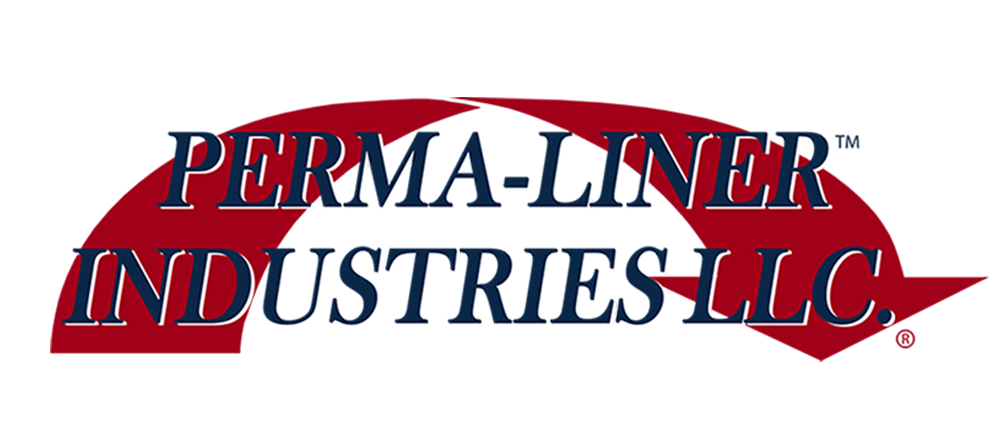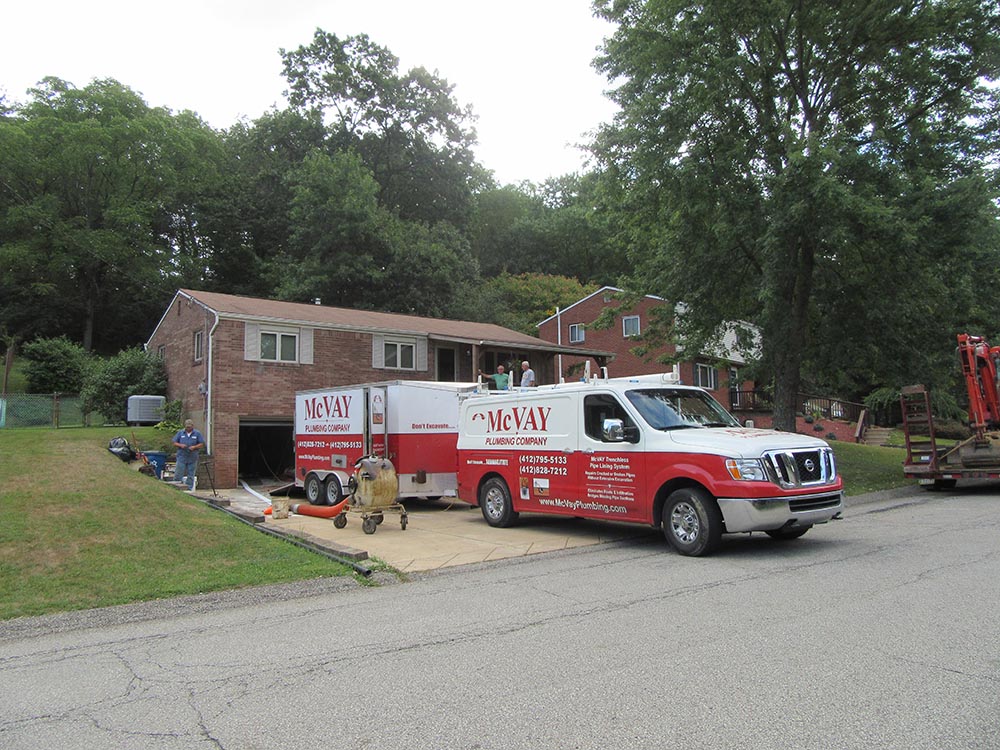The City of Pittsburgh is going to great lengths to put strategies in place to assist and manage stormwater. The current agenda is putting conservation first and demonstrating best practices while saving both trees, the environment and city expenses, simultaneously. The main focus is to assuage the local street flooding and sewer backups caused by large rainstorms. The characteristics of stormwater management improve the quality of local waterways. During storm events, the combined sewer system is often overwhelmed, causing combined sewage and stormwater to overflow into nearby waterways and cause local flooding. These overflow events are water quality infractions that are being remedied statewide with the installation of green infrastructure structures such as rain gardens, tree plantings, water detention basins and more. Additionally, green infrastructures promote economic and social benefits. Many residents are optimistic that these efforts will also deter the incidences of basement backups, which have been a wide-spread issue. It is anticipated that the runoff from over 1800 acres will be maintained with green infrastructure over the next twenty years.
Interesting fact: We know that trees provide shade but a shade tree can also reduce electric bills and carbon dioxide emissions. Did you know that evergreen trees planted as windbreaks on the west side of a building can reduce heating costs by 25 percent? A tree’s ecological benefits are many, as large shade trees enhance air quality by absorbing pollutants such as ozone and nitrogen dioxide. Trees are particularly helpful in managing storm water as they block rainfall with their foliage and branches, slowing its fall and allowing time for the water to be absorbed by the soil with their root systems. Well-maintained trees can also increase the sale price of, otherwise indistinguishable, houses by an average of 5 percent.
Contact Perma-Liner Industries today to inquire about our latest pipelining technology!










